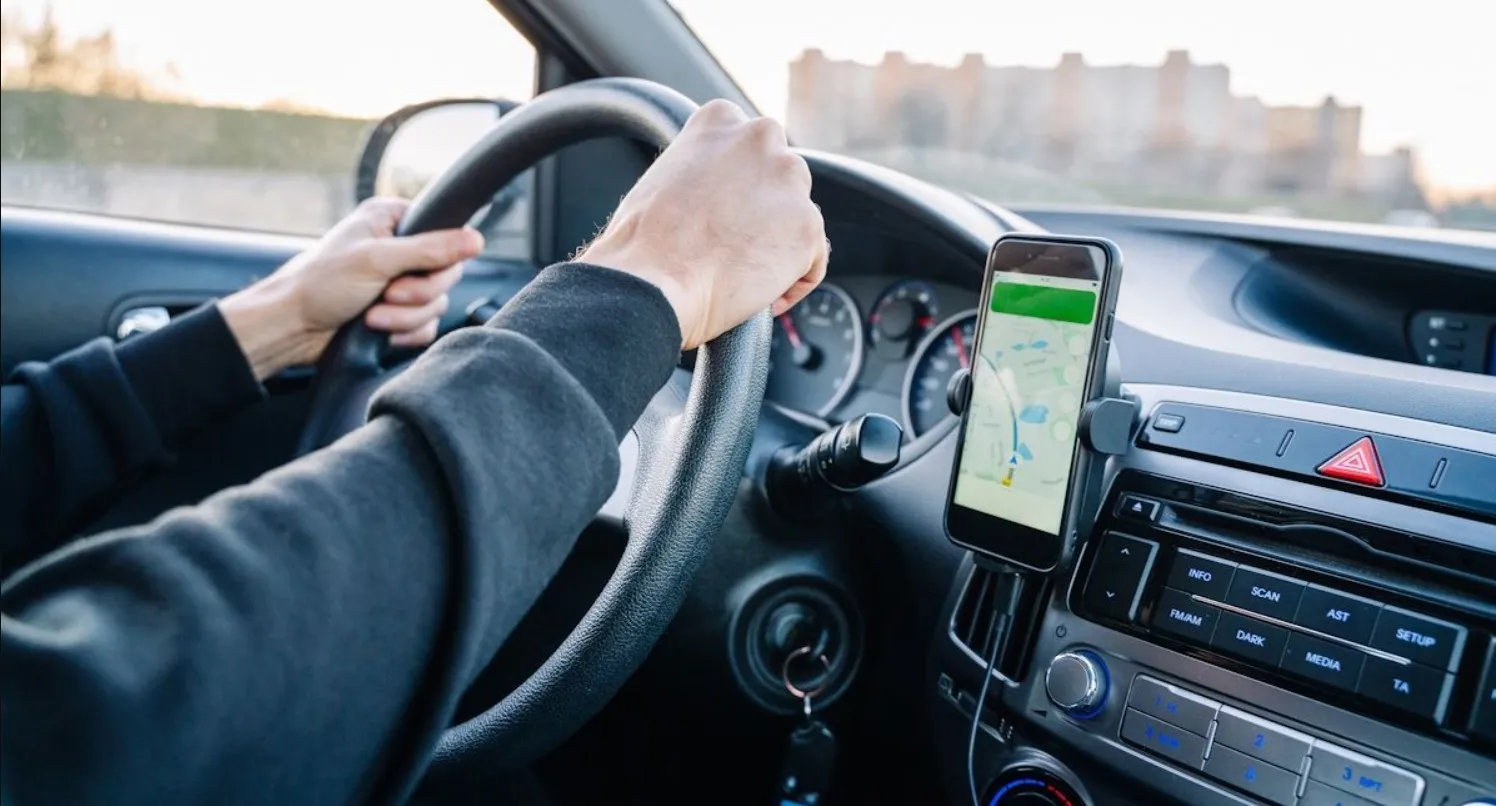An alarming issue is how connected vehicle and mobile app companies collect and sell our driving data to insurers. This affects millions of drivers, and the vast majority are unaware that they are being monitored and that this information is sold to insurance companies to set personalized rates.
From vehicles to mobile applications
A few months ago, a NYT article warned that connected vehicle manufacturers are selling driving data to insurers. But it’s not just vehicles that collect this data. A new report shows that many mobile apps, even those not directly related to driving, are also collecting and selling this data.
Apps like Life360, MyRadar and GasBuddy use mobile phone sensors to analyze driving habits and provide information on safety and fuel efficiency. Behind many of these applications is Arity, a data company founded by Allstate.
Arity creates driving scores based on the data collected and sells them to insurers. These scores allow insurers to set personalized rates for drivers. Arity claims to have more than 40 million active connections in the United States, including data from mobile apps, in-car devices, and connected vehicles.
A persistent problem is consent and transparency
Often, the data request is hidden in very long and complicated contractual terms that most users do not read. Additionally, the apps do not make this request evident during the subscription process.
For example, the GasBuddy app, which offers a fuel efficiency rating “powered by Arity,” hides consent for data collection in very small, gray font beneath a prominent red button inviting “Join Drives.” . This disclosure says that by clicking “Join Units,” the user will share “certain information” with Arity and agree to its privacy statement, linked discreetly.
This deceptive method causes many users to subscribe without being fully aware of the implications, resulting in a lack of transparency. Although consumers know they pay a subscription fee to use the app, most are unaware of how much information is collected and how it can influence the cost of their insurance.
Best of all, regulators are constantly caught up in these scams and do absolutely nothing, basically continuing to allow these companies to sell our data without the user actually being aware of it. Where are those regulations that supposedly give us greater security and privacy? Sorry, but this is another nonsense in how the system is set up.
How to protect your privacy
If you’re not comfortable with insurers monitoring your driving habits through these apps, you can…
The most effective way to prevent your driving data from being sold is to not use apps that collect this information. This includes not only apps clearly related to driving, but also those that could be indirectly related, such as navigation and weather apps that collect location and motion data.
But, if you decide to use an app, take the time to read the terms and conditions. Look for sections on data collection and review the company’s privacy policy to understand what information is collected and how it is used.
Also, in your mobile phone settings, you can disable certain permissions for each application. If an app doesn’t need access to your location to function properly, turn off this permission. Simply go to the iOS or Android settings, select application management and, once you are inside, click on the app in question and check and modify the permissions.
Finally, if you have a connected vehicle, review the privacy settings and disable any options that allow the collection and transmission of data that you do not consider necessary.

